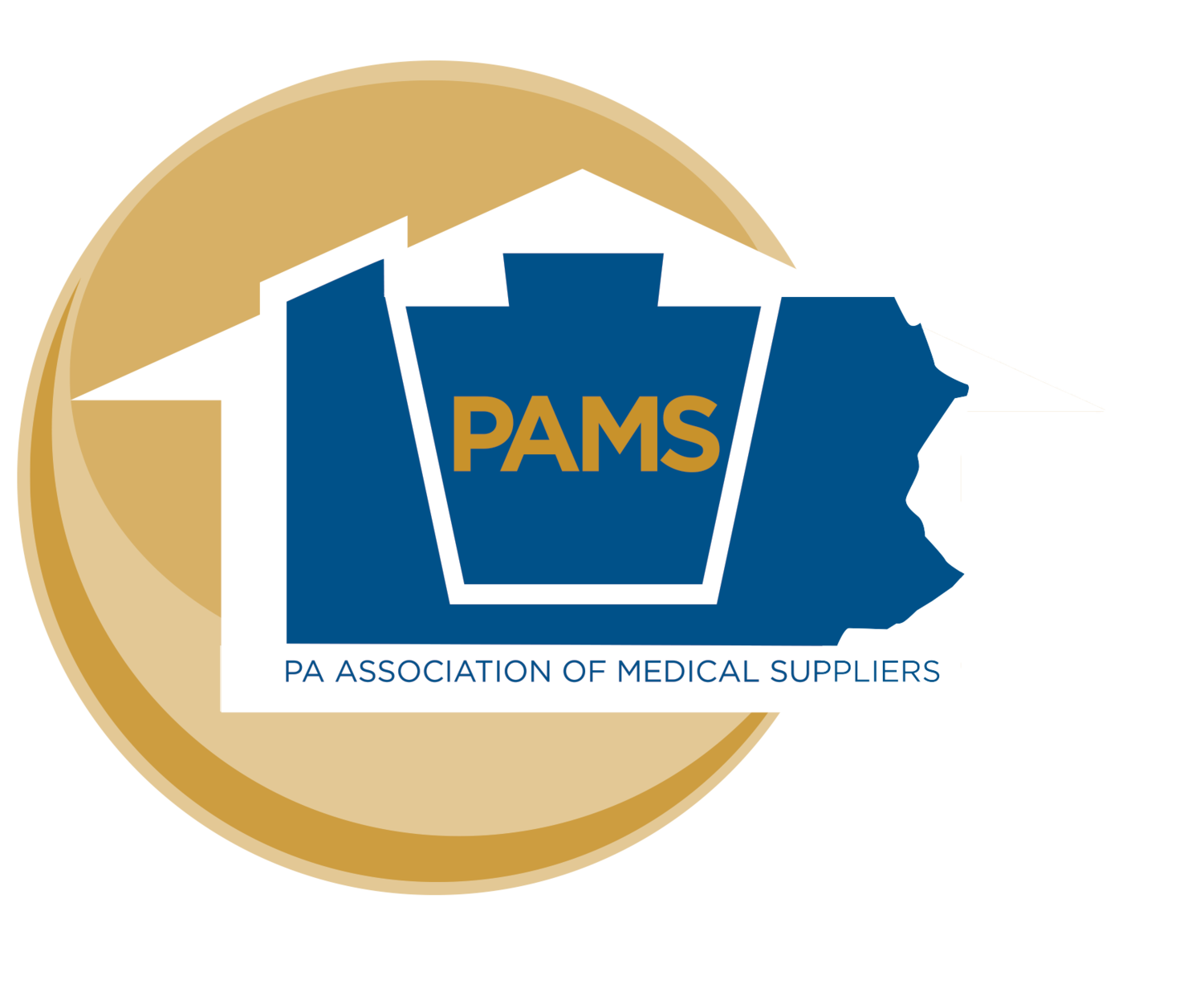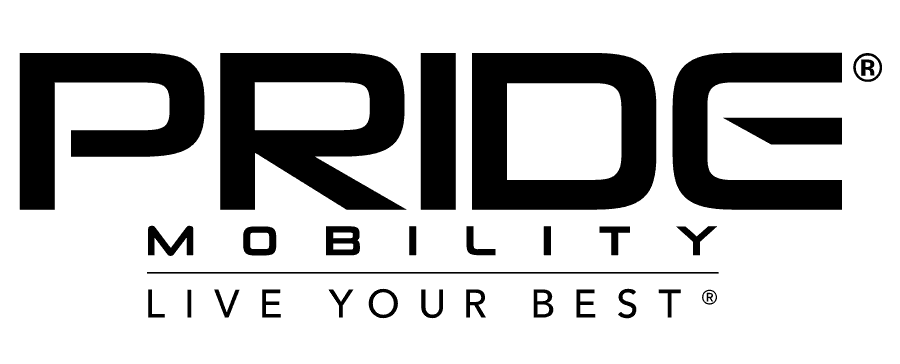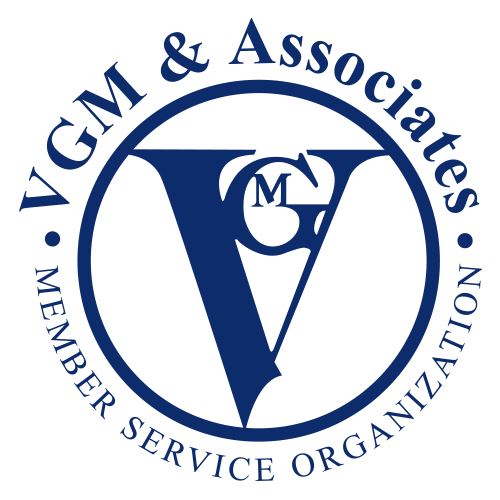PA Association of Medical Suppliers (PAMS)
ANTITRUST COMPLIANCE POLICY
It is the policy of the Pennsylvania Association of Medical Suppliers (“PAMS”) to comply fully and strictly with both federal and state antitrust laws. This policy is motivated by a firm respect and belief in the antitrust laws and the free-market philosophy underlying these laws as well as by recognition of the potentially severe detrimental consequences of antitrust violations. Our goal is to conduct ourselves in such a way as to avoid any potential for antitrust exposure in the first instance.
The antitrust laws can be enforced against associations, association members, and the association’s employees by both government agencies and private parties. The consequences for violating the antitrust laws can be severe, including fines, jail sentences, and even dissolution of the Association.
Full compliance with the antitrust laws is a requirement for PAMS membership, and responsibility for compliance rests with each member. As the principal federal antitrust law is a criminal conspiracy statute, an executive attending a meeting at which competitors engage in illegal discussions may be held criminally responsible, even if he or she says nothing at the meeting. The executive’s attendance at the meeting may be sufficient to imply acquiescence in the discussion, making him or her liable to as great a penalty as those who actively participated in the illegal agreement.
The antitrust laws prohibit competitors from engaging in actions that could result in an unreasonable restraint of trade. To comply with the antitrust laws, competitors should not discuss certain subjects when they are together — either at formal meetings or in informal contacts with other industry members. Topics to avoid discussing with competitors: prices, price trends, timing of price changes; costs of common inputs; margins, terms of sale, discounts and rebates, promotional programs, inventory levels, production levels, capacities, new projects, and the like.
In addition, some activities by competitors are deemed so pernicious and harmful that they are considered per se violations – it does not matter whether or not the activities have a harmful effect on competition. These activities generally include:
- Fixing or setting prices for selling products or services to customers;
- Allocating geographic markets or customers between or among competitors;
- Bid rigging, bid rotation, or otherwise distorting the bid process;
- Boycotting customers or suppliers;
- Agreeing upon levels of production or output; and
- Conspiring to exclude competitors or customers from the market.
Other actions such as standards development and relationships between distributors and suppliers generally are evaluated under a rule of reason – there is a balancing between the pro-competitive and anti-competitive aspects of the activities. These areas also should be approached with caution and legal guidance.
Members have an obligation to terminate any discussion, seek legal counsel’s advice, or, if necessary, terminate any meeting if the discussion might be construed to raise any antitrust risks.
Summary of Antitrust Do’s and Don’ts
The intent of this Guide is not to make you an antitrust lawyer, but to give you enough information about the law so you will know a dangerous area when you see it. The following are some of the most critical “Do’s and Don’ts” for antitrust compliance:
Don’ts:
- DO NOT discuss prices, fees or rates, or features that can impact (raise, lower or stabilize) prices such as discounts, costs, terms and conditions of sale, warranties, or profit margins. Note that a price-fixing violation may be inferred from price-related discussions followed by parallel decisions on pricing by Association members – even in the absence of an oral or written agreement.
- DO NOT agree with competitors as to uniform terms of sale, warranties or contract provisions.
- DO NOTexchange data concerning fees, prices, production, sales, bids, costs, customer credit, or other business practices unless the exchange is made pursuant to a well-considered plan that has been approved by PAMS’ legal counsel.
- DO NOT agree with competitors to divide up customers, markets or territories; not to deal with certain suppliers or others; or prevent a supplier from selling to your competitor(s).
- DO NOT discuss your customers with your competitors.
- DO NOT agree to any membership restrictions, standard-setting, certification, accreditation, or self-regulation programs without the restrictions or programs having been approved by PAMS’ legal counsel.
Do’s:
- DO insist that PAMS meeting agendas are circulated in advance and that minutes of all meetings properly reflect the actions taken at the meeting.
- DO leave any meeting (formal or informal) where improper subjects are being discussed. Tell everyone why you are leaving.
- DO ensure that PAMS’ staff sends out all correspondence on behalf of PAMS and that PAMS’ officers, directors, committee members, and all other members do not hold themselves out as speaking or acting with the authority of PAMS when they do not, in fact, have such authority.
- DO ensure that if questions arise about the legal aspects of PAMS’ activities or your individual responsibilities under the antitrust laws, you seek advice and counsel from your own counsel or from the staff and counsel of PAMS.
Any questions regarding this antitrust policy should be directed to the Executive Director of PAMS or our PAMS Board Chair.
Thank you to our Platinum Members
|
|


